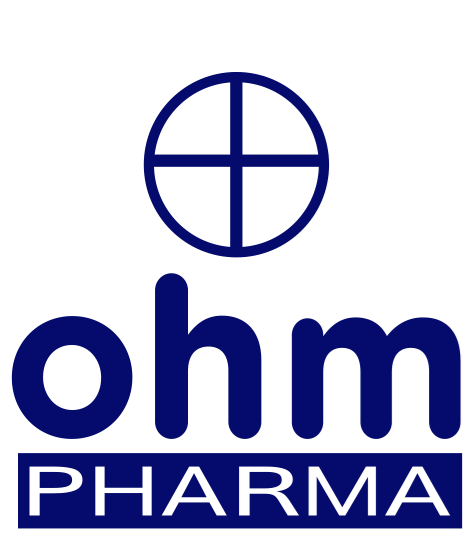Regulatory Compliance
Regulatory classification
Homeopathic remedies have been classified as “drugs” since their inclusion in the Federal Food, Drug, and Cosmetic Act in 1938 by the bill’s primary author, Senator Royal Copeland, MD, for New York. Senator Copeland had studied homeopathy at Michigan and was later dean at the New York Homeopathic Medical College and Health Commissioner for the City of New York.
Homeopathic remedies are not Dietary Supplements.
What is regulatory compliance?
In order for a company to legally manufacture homeopathic remedies in the USA, remedies must be manufactured in an FDA registered and inspected facility, licensed by the State as a drug manufacturer.
FDA facility registration: https://www.accessdata.fda.gov/scripts/cder/drls/default.cfm.
This is a requirement for USA and foreign facilities.
The facility must comply with current Good Manufacturing Practices (cGMP) including FDA CFR title 21 part 210 and 211, International Council for Harmonization ICH Q1 and Q7 and the Homeopathic Pharmacopoeia of the United States (HPUS). Homeopathic remedies are classified as either Over the Counter (OTC) or Prescription (Rx) drug products.
FDA guidelines
https://www.accessdata.fda.gov/scripts/cdrh/cfdocs/cfcfr/CFRSearch.cfm?CFRPart=210
https://www.accessdata.fda.gov/scripts/cdrh/cfdocs/cfcfr/CFRSearch.cfm?CFRPart=211
ICH guidelines
https://www.ich.org/page/quality-guidelines
https://database.ich.org/sites/default/files/Q7%20Guideline.pdf
HPUS guidelines
The manufacturing process requires compliance with guidelines for manufacturing conventional pharmaceutical products but additionally requires the compliance with HPUS, which has the guidelines to manufacture homeopathic products according to traditional methods and modern quality control standards. Each of the more than 1300 remedies included in the HPUS are described and monographed for identification, quality standards, manufacturing process, analytical procedures, stability and safety purposes.
The main topics covered by regulations are: quality unit, comprehensive robust quality system, standard operation procedures, water system validation, equipment IQ/OQ/PQ, equipment validation, quality control testing for raw materials (including identification), intermediate and finish products, calibration of all testing equipment, compliance with CFR part 11, six-system inspection model, cleaning validations, manufacturing process validations, validation of the dilution/sucussion process, blend uniformity, content uniformity, stability studies, finish product testing, personnel training records, annual product reviews, change controls, out of specifications, pharmacovigilance, corrective actions preventive actions, internal audits, promote improvement, etc.
Why is compliance important?
If we want to facilitate the further development of homeopathy in the 21st century, we must adapt to the high quality manufacturing standards required by regulatory agencies and comply with the evidence based research necessary to validate the therapeutic effectiveness of homeopathy.
Currently the USA has the highest and more stringent quality standards for manufacturing homeopathic remedies since we must comply with the same manufacturing regulations for standard conventional pharmaceuticals and additionally the HPUS manufacturing guidelines. We must assure proper QC identification of the starting material and follow a standardized and reproducible manufacturing method in order to achieve a finish high quality homeopathic remedy.
This is not the only advantage of regulatory compliance. Scientifically validating our manufacturing methods not only increases our confidence in formulating homeopathic remedies but is also the first step on validating the therapeutic effect of homeopathy. Without compliant and properly manufactured homeopathic remedies, no clinical research can subsequently be validated.
Noncompliance illegal homeopathic remedies are manufactured in unregistered, non-inspected facilities which use questionable manufacturing methods. Additionally one can find self-compounding remedies from untraceable, unreproducible and unknown sources. Definitely it is not desirable to add an extra variable of uncertainty to the selection of an indicated remedy. Although I am not going to comment directly over the rationale of such manufacturing methods I must add that it is vital to continue the path to scientifically validate homeopathy, and such methods will take homeopathy in the opposite direction. The FDA considers such products to be adulterated, misbranded and potentially unsafe. Homeopathy is based on science since the times of Hahnemann, it is not a religion nor a dogma. Regulatory compliance is difficult, laborious and costly to follow, but it is the only way homeopathy will be able to further develop and move forward well into the 21st century.
According to 19th century philosopher Arthur Schopenhauer, “All truth passes through three stages: First, it is ridiculed. Second, it is violently opposed. Third, it is accepted as self-evident.” We are still in the second stage so regulatory compliance is a must. Once technology advances more and enables the detection and better understanding of nanoparticles we will move into the third stage.




